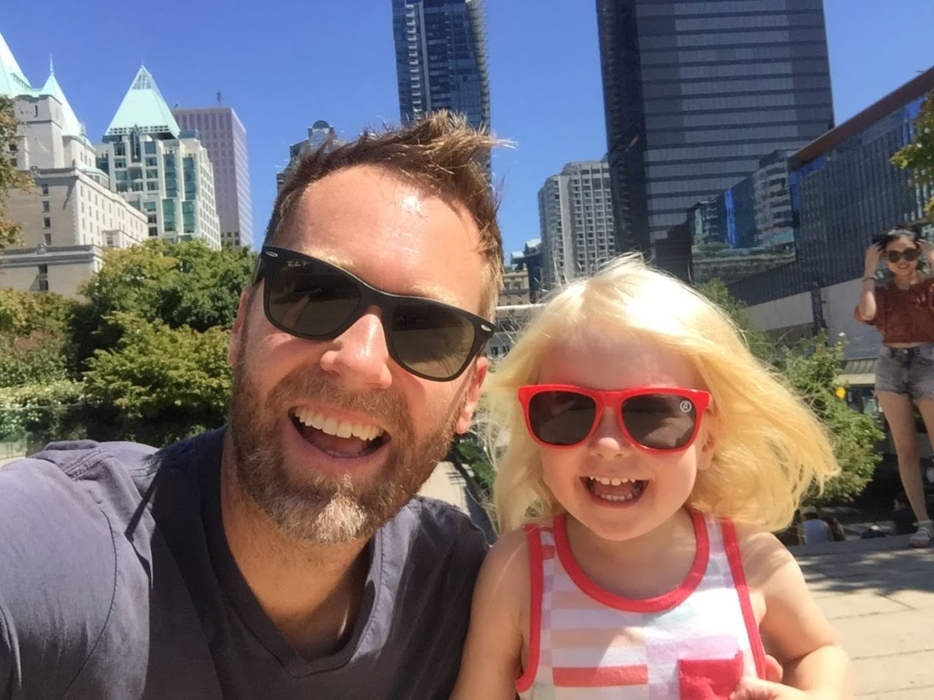EGO Alumni Interviews: Dr. Brian Chappell

by Sophy Schulman (M.A. student)
I spoke [virtually and remotely] with Dr. Brian Chappell, who earned his Ph.D. from the Catholic University of America in 2015 and is on the faculty of English at Georgetown Preparatory School in Washington, D.C.
Could you describe the path that led from getting your Ph.D. to your teaching position at Georgetown Preparatory School, and tell us about the classes you currently teach there?
I got really lucky. When I was finishing my Ph.D., I had some interviews, more than I thought I would have. But my daughter was very young, and we were reluctant to leave the D.C. area, especially for what was almost certainly going to be an itinerant life, bouncing from job to job until maybe, just maybe, I could land somewhere more permanently. I was open to high school teaching, and I happened upon the job opening at Georgetown Prep. I am a graduate of the school, and so the rest felt like destiny. I currently teach two sections of English II, which is American Literature. I also teach one section of AP Literature & Composition, and I teach a senior elective course in African American Literature.
What did you choose to write your dissertation on? Do you ever find your enthusiasm for your period of interest playing a part in your teaching at Georgetown Prep?
I wrote about postmodernist literature and narrative theory. Much of the work I studied closely is not accessible to high school students. But the course I teach in African American Literature has radically changed my sense of myself as a teacher and thinker. I devote the majority of my energy to this area now. But high school teaching makes itself available to a broad range of periods and national literatures. There is a lot of flexibility (depending on your school).
What are some of your favorite things about teaching English at the high-school level? Books you especially enjoy reading with your students?
You definitely have to like kids. Being with them is refreshing and life-giving. They may not always express the ideas and worldviews that you want to see from the youth of America, but being patient with that is part of the challenge. My AP students loved Moby-Dick, and I loved teaching it. The book gets a bad rap for being long and hard. Not so! It’s very teachable because of the short chapters (and, of course, its exciting story and deep themes). My students in AP and African American Literature also really enjoy Native Son. The book serves as a nice bridge between past and present, revealing how, for many people, not much has changed.
What advice would you give to graduate students who are considering teaching English at a high school?
When you teach college, you teach material. When you teach high school, you teach students. Be prepared to be flexible and open with your text selection and your teaching style. You need to meet kids where they are, because the stakes are high. We are trying to raise a generation of readers, so you have to do whatever you can to get them there. And another thing, train yourself to be a really, really fast grader. Focus on the big picture, don’t get bogged down with the little mistakes. Your life will be much better. Finally, begin telling yourself now, no matter which direction you take: You belong. You are awesome. Your work, and others’ opinions of your work, do not ultimately define you. Only you can do that.
Photo credit: Brian Chappell
